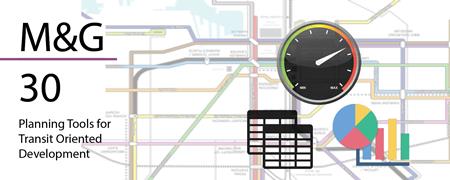Building Diversified Communities
Best practice: Parking in Compact, Mixed-Use Communities

Parking remains a serious issue for local policy-makers and planners throughout the nation. Manage the parking supply poorly, and you encourage auto-oriented, sprawl development. Manage it well, and you can minimize diffuse development, maximize real estate return on investment, and encourage TOD.
Parking is both expensive and consumes large amounts of land. Areas served by transit should have the least parking requirements possible, and to the extent possible should be governed by market requirements. If parking is initially required or needed, surface parking lots should be designed to transform into compact, mixed-use development that encourages transit, bicycling and walking when market conditions no longer require parking.
The Bethesda Urban Partnership promotes accessibility to downtown Bethesda by linking 12 city-owned parking facilities with a free circulator bus. This service encourages visitors to park once, then travel on foot or bus through the downtown, in a more walkable, bicycle-friendly environment. The limited on-street parking allows pay-by-cell parking technology, a web-enabled mobile application that allows electronic payment and information on parking rates as well as the location of available parking. BUP’s use of this innovative web-based application will inform future land use and transportation policies and strategies that reflect real-time parking demand rather than a static parking requirement.
The city of Portland, Oregon implemented parking maximums through a zoning ordinance that promotes the efficient use of land and encourages the use of alternative modes of transportation. The maximums vary depending on use and location. Areas that are zoned for more intense development and are more easily reached by alternative modes have lower parking maximums than areas of less development with less frequent or no transit.
The city of Frederick offers several parking incentives to downtown developers - from reducing parking standards by 50percent to waiving parking for small additions to existing developed properties to allowing joint-use parkingto allowing the Planning Commission to levy fees in lieu of meeting downtown parking requirements. The fee-in-lieu allows the developer to maximize the real estate investment in office and residential square footage rather than provide on-site parking. The fee-in-lieu is paid into a special parking fund to help cover the cost of city-owned garages in the downtown.
TOD Best Practices: Building Diversified Communities
